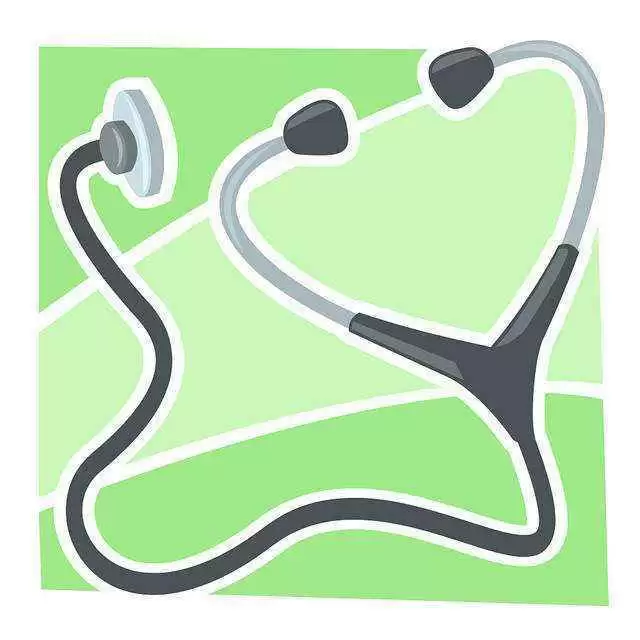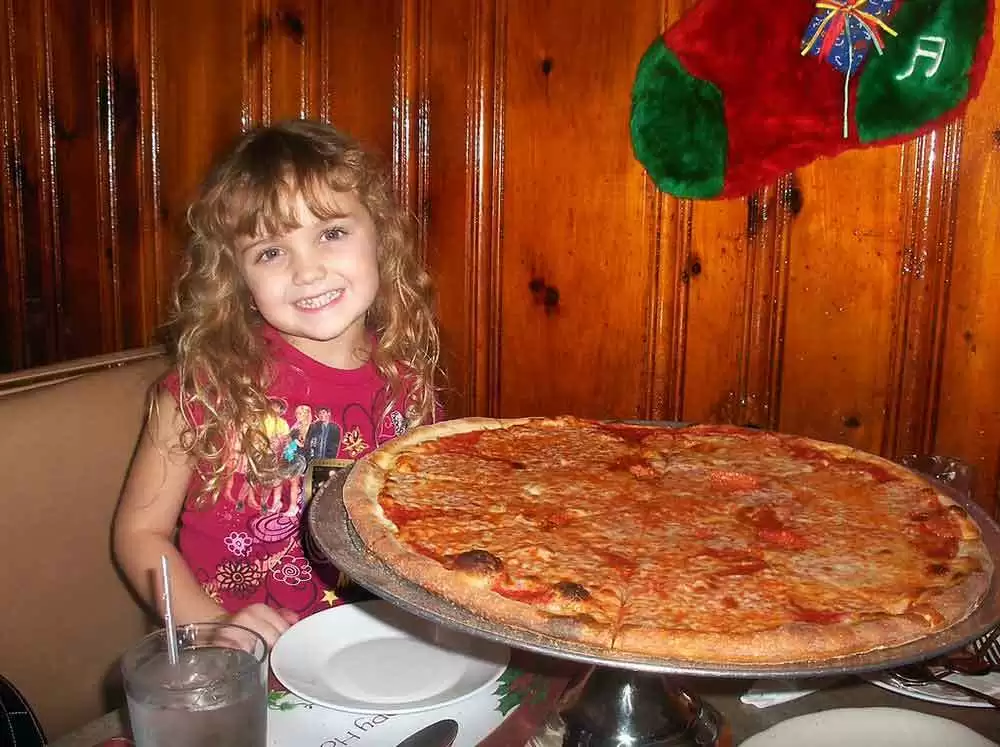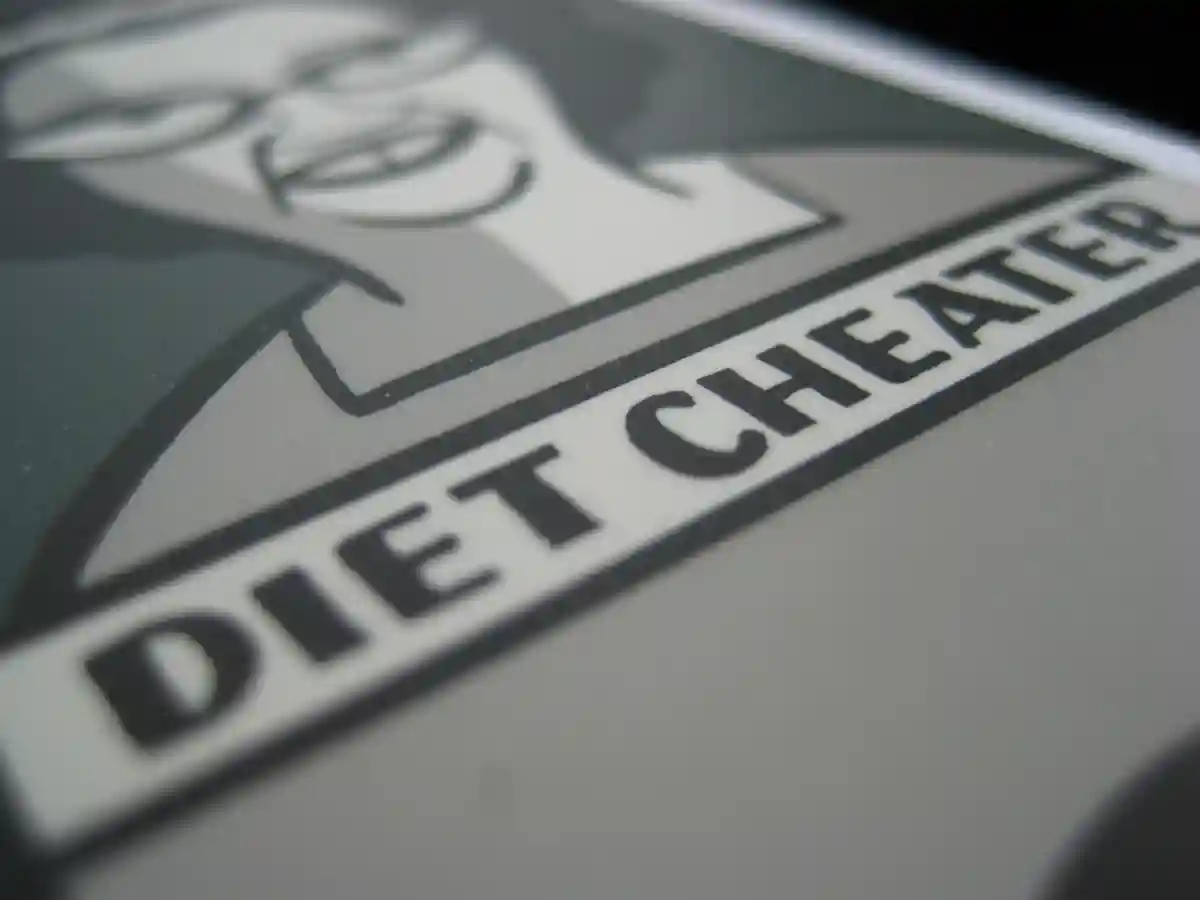Celiac.com 11/19/2025 - For most people with celiac disease or gluten sensitivity, going gluten-free begins as a medical necessity. The first few months are often filled with hope and determination. Symptoms fade, energy returns, and food starts to feel safe again. But after the initial relief wears off, many people discover an unexpected challenge—gluten-free fatigue. The daily effort of checking labels, managing cross-contact, and explaining your diet to others can become emotionally and socially draining. What once felt empowering can slowly turn into a source of stress, isolation, or frustration.
This article explores what “celiac burnout” really means, why it happens, and—most importantly—how to recover your motivation and sense of balance while staying faithful to your gluten-free lifestyle. For anyone who’s ever sighed at yet another salad at a restaurant or felt like they’re missing out at family gatherings, this is a reminder: you are not alone, and burnout is not the end of your progress—it’s a signal to recharge.
Understanding Gluten-Free Burnout
Celiac.com Sponsor (A12):
Gluten-free burnout describes the emotional and mental fatigue that can arise from the constant vigilance required to live safely without gluten. It isn’t about losing willpower—it’s about the cumulative stress of maintaining an essential medical diet in a world that isn’t built for it. The condition is similar to other forms of chronic lifestyle fatigue, but for people with celiac disease, the stakes are much higher. Eating gluten accidentally isn’t just a “slip”; it can cause pain, inflammation, and intestinal damage that may take weeks to heal.
Over time, this pressure to always be alert can lead to anxiety around food, frustration with limited options, and feelings of disconnection in social situations. In some cases, people start to loosen their boundaries—not because they don’t care about their health, but because they are emotionally overwhelmed by the constant demands of the diet.
Why It Happens
1. Emotional Fatigue and Decision Overload
Every grocery trip, restaurant visit, or social event requires extra decisions: Is this brand certified? Was that pan cleaned properly? Are those fries cooked in shared oil? This constant decision-making, often several times a day, drains mental energy. Over time, even small choices can start to feel overwhelming, leading to a sense of frustration or apathy toward the gluten-free routine.
2. Social Isolation
Many people with celiac disease feel like outsiders at meals, parties, or holidays. Watching friends and family enjoy freely while you ask careful questions—or bring your own food—can feel discouraging. Some people begin to withdraw from social situations altogether, which can worsen feelings of loneliness and resentment toward the diet.
3. Lack of Variety or Joy in Eating
A gluten-free diet can become repetitive, especially if you rely on the same safe brands or foods. Without creativity or exploration, meals can feel like chores instead of experiences. The loss of spontaneity—grabbing a sandwich on the go or trying a new bakery—can slowly erode enthusiasm for the diet.
4. Financial Stress
Gluten-free products often cost significantly more than their wheat-based counterparts. For people on tight budgets, the constant price difference can create resentment or guilt, further fueling burnout.
5. Misunderstanding and Stigma
Although awareness of gluten-free diets has grown, misconceptions persist. Some people still view it as a trend rather than a medical need. When loved ones, coworkers, or even healthcare providers don’t take the diet seriously, it can deepen emotional strain and make adherence feel like a lonely battle.
The Mental Health Connection
Research increasingly shows that mental health and digestive health are closely linked. People with celiac disease often report higher levels of anxiety, depression, or social stress compared to the general population. Living with a chronic condition that requires constant vigilance can amplify these feelings. If burnout goes unchecked, it can spiral into avoidance, resentment, or disordered eating patterns.
Recognizing that burnout is a psychological as well as physical challenge helps reframe it from failure to normal adaptation. Seeking emotional support—from therapists familiar with chronic illness, from celiac support groups, or even through online communities—can help reduce shame and restore a sense of control.
Signs You Might Be Experiencing Gluten-Free Burnout
- Feeling resentful or angry about your dietary restrictions.
- Neglecting food safety steps you once followed carefully.
- Withdrawing from social gatherings involving food.
- Frequently eating the same limited meals due to exhaustion.
- Experiencing anxiety, guilt, or hopelessness related to eating.
- Having recurring thoughts like “maybe a little gluten won’t hurt.”
If you recognize yourself in several of these patterns, it may be time to step back—not from your diet, but from the unrealistic expectations surrounding it. Reconnecting with your motivation and finding joy in gluten-free living is possible so that you don't become one of the 18% of celiacs polled by Celiac.com who report cheating on their gluten-free diets.
How to Get Your Motivation Back
1. Revisit Your “Why”
When daily routines start to feel mechanical, remind yourself of your original motivation. Think about the difference in how your body and mind felt before diagnosis compared to now. Remember that the diet is not punishment—it’s a form of healing and self-care that lets you thrive. Writing a short “why I choose gluten-free” list and posting it in your kitchen or phone can serve as a gentle daily anchor.
2. Simplify Your Food Planning
Burnout often stems from complexity. Streamline your routine by choosing a few reliable staples, like gluten-free grains, safe sauces, and protein sources, and rotating them with seasonal produce. Batch cooking and freezing portions can reduce last-minute stress and make safe meals instantly available. When possible, stock your pantry with certified products to cut down on label anxiety.
3. Reignite Joy Through Experimentation
Trying new recipes or cuisines can renew excitement. Explore naturally gluten-free global dishes like Thai curries, Mexican corn tortillas, Indian lentil stews, or Mediterranean rice-based plates. Baking a new gluten-free treat or mastering a favorite childhood recipe using gluten-free flour blends can remind you that pleasure still belongs in your diet.
4. Build a Support Network
Celiac burnout thrives in isolation. Seek connection—whether through local celiac support groups, online communities, or friends who understand the effort involved. Sharing successes and frustrations with others who “get it” can restore a sense of belonging. If you live with family or a partner, involve them in gluten-free cooking to reduce the sense that all responsibility falls on you.
5. Create Safe Social Strategies
Plan ahead for gatherings instead of avoiding them. Bring a favorite dish to share, communicate with hosts early, and keep safe snacks handy. Over time, you’ll find a rhythm that allows you to enjoy events without anxiety. Teaching a few close friends about cross-contact precautions can also make future get-togethers easier.
6. Manage Emotional Health Directly
Gluten-free fatigue is not only logistical—it’s emotional. Consider stress-reduction practices such as mindfulness, journaling, or gentle exercise to help manage anxiety. Speaking with a counselor familiar with chronic conditions or dietary restrictions can also help unpack feelings of loss or resentment. Remember: protecting your emotional health supports your physical recovery, too.
7. Celebrate Progress, Not Perfection
It’s easy to measure success by how strictly you avoid gluten, but emotional well-being is equally important. Celebrate small victories—like finding a new restaurant that takes gluten-free seriously, or mastering a homemade bread recipe. Reward yourself for consistency rather than perfection. The goal is sustainable wellness, not rigid control.
Nutritional Refreshers to Boost Energy and Mood
Sometimes burnout is aggravated by unbalanced nutrition. A gluten-free diet can lack certain nutrients if not planned carefully, particularly B vitamins, iron, fiber, and magnesium. These deficiencies can lead to fatigue, irritability, or brain fog—symptoms that feel like emotional burnout but are actually nutritional gaps.
- Prioritize whole foods: Incorporate quinoa, brown rice, buckwheat, and lentils for slow-burning energy.
- Boost fiber: Eat fruits, vegetables, nuts, and seeds to support digestion and gut health.
- Mind B vitamins: Add fortified gluten-free grains or supplements to prevent fatigue.
- Stay hydrated: Even mild dehydration can worsen tiredness and mood swings.
What This Means for People with Celiac Disease or Gluten Sensitivity
For those with celiac disease, sticking to a gluten-free diet is not optional—it’s essential. But “essential” does not mean “easy.” Recognizing that fatigue is part of the process helps people build resilience instead of guilt. By combining practical planning with emotional self-care, celiac patients can turn the gluten-free diet from a source of stress back into a tool for empowerment.
For people with non-celiac gluten sensitivity, these strategies are just as important. Although the consequences of gluten exposure may differ, the social and emotional strain can be nearly identical. Building awareness of burnout helps everyone who must avoid gluten find more joy, flexibility, and long-term commitment to wellness.
Conclusion: Thriving, Not Just Surviving
Gluten-free burnout does not mean failure—it means you’ve been working hard to protect your health in a world that often overlooks your needs. The key to recovery is compassion for yourself, curiosity about new foods, and a willingness to connect with others who understand the journey. Remember that the goal of the gluten-free lifestyle is not only safety—it’s also satisfaction, nourishment, and a life you genuinely enjoy. With the right balance of structure and self-kindness, you can rediscover the motivation that brought you here in the first place.












Recommended Comments
There are no comments to display.
Create an account or sign in to comment
You need to be a member in order to leave a comment
Create an account
Sign up for a new account in our community. It's easy!
Register a new accountSign in
Already have an account? Sign in here.
Sign In Now